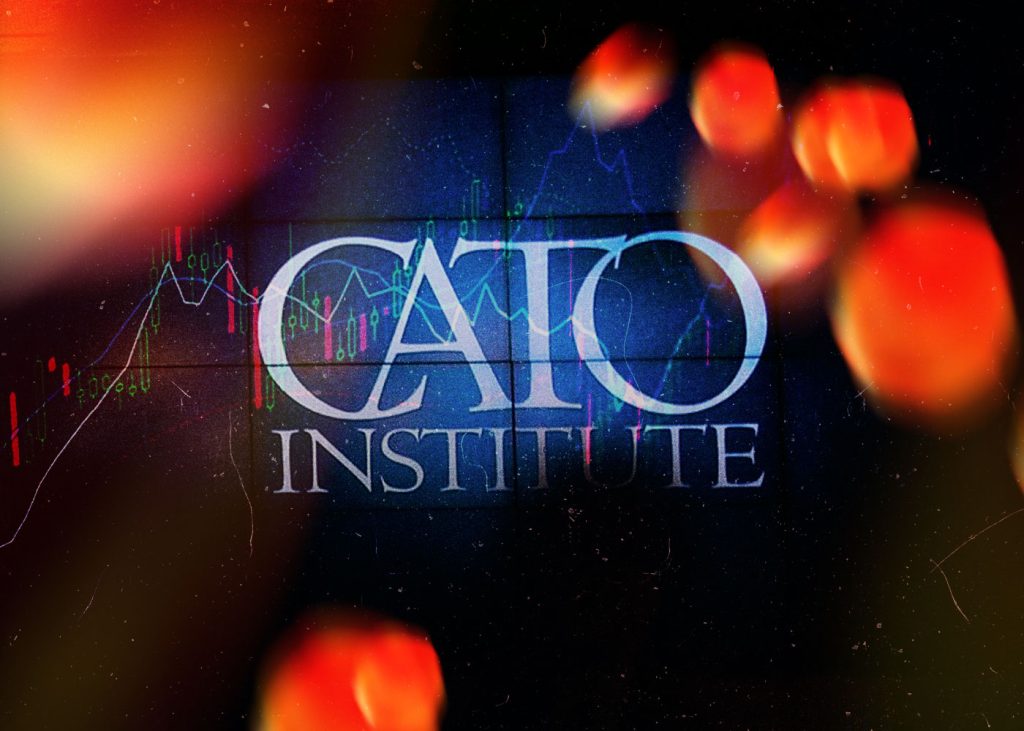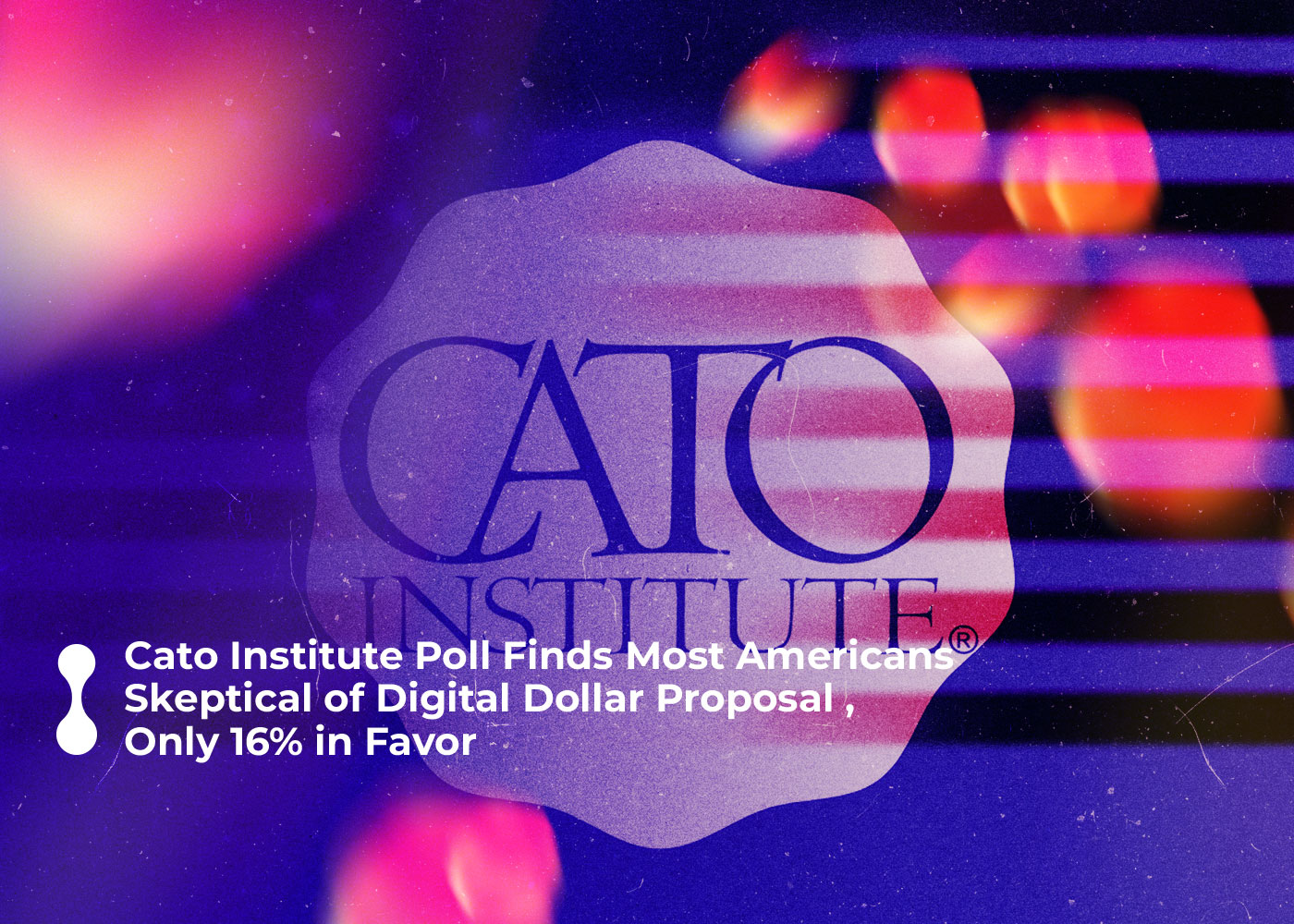In a recent survey conducted by the Cato Institute it seems that the idea of a digital dollar proposed by the Federal Reserve isn’t winning over the American public . The poll reveals that a mere 16% of Americans actually support the concept while a larger chunk 34% express their disagreement .
What’s Worrying People?
The Cato Institute known for its emphasis on individual freedom and limited government has dug deeper into the survey results to identify the main concerns raised by everyday Americans regarding the proposed central bank digital currency (CBDC) . It turns out that people have quite a few worries about the digital dollar .
Privacy and Security Fears

The survey conducted by the Cato Institute paints a clear picture of the concerns weighing on people’s minds when it comes to a digital dollar . A whopping 74% of respondents are worried that a digital currency would give the authorities too much control over their spending habits . Additionally 68% express concerns about government officials snooping into their shopping habits raising serious privacy and surveillance questions . Other significant worries include the fear of physical banknotes disappearing (68%) , increased vulnerability to cyberattacks (65%) , the possibility of luxury goods being taxed during a recession (64%) and the freezing of digital currencies belonging to political opponents (59%) .
The survey findings reveal the prevailing unease among Americans about the potential consequences of a digital dollar . Interestingly the researchers at the Cato Institute note that support for the CBDC doesn’t necessarily align with people’s financial situations . Surprisingly there’s an almost equal proportion of respondents (19% and 21%) supporting the digital currency among those earning less than $20,000 and those earning over $100,000 per year respectively . However the study does point out that a sizable portion of the population (49%) remains undecided about whether they support the idea of a state backed digital currency .
The lack of a clear stance can partly be attributed to the fact that many Americans aren’t well informed about CBDC . According to the survey only 28% of respondents are familiar with the concept leaving a whopping 72% with little knowledge about it .
Almost a year ago analysts from Bitcoin Policy an American research center urged US authorities to reconsider their plans for state cryptocurrencies and instead focus on stablecoins and bitcoin . They argued that a digital dollar wouldn’t effectively address the underlying issues of the financial system but would rather increase the government’s control over citizens’ economic lives .
The Cato Institute’s survey sheds light on the widespread concerns among Americans when it comes to the proposed digital dollar . While the public remains divided on the issue the survey reveals a significant level of skepticism and worry particularly surrounding government control and privacy . As discussions about CBDC continue policymakers will need to address these concerns to garner broader public support and ensure the successful implementation of any digital currency initiatives .
